Tuesday, April 27
10:00 (ET)
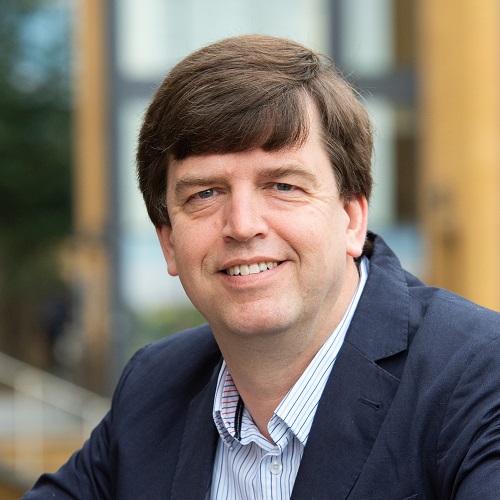
Paul Sellin
University of Surrey
Paul Sellin is a Professor of Physics at the University of Surrey, UK. He is the PI of the UK Nuclear Security Network, which is a research network that facilitates collaborative research across the UK in topics related to Nuclear Security and Non-Proliferation.
Tuesday, April 27
10:15 (ET)
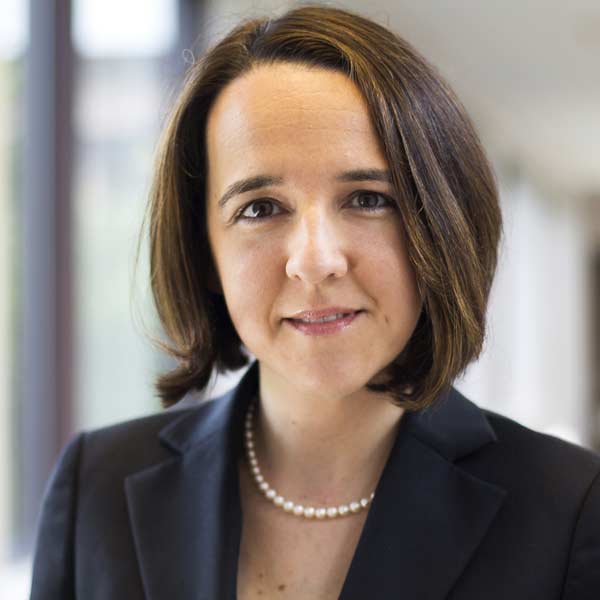
Sara Pozzi
University of Michigan
Professor Sara Pozzi is a Professor of Nuclear Engineering and Radiological Sciences and a Professor of Physics at the University of Michigan (UM). Her research interests include the development of new methods for nuclear materials detection, identification, and characterization for nuclear nonproliferation, safeguards, and national security programs. Professor Pozzi is the founding Director of the Consortium for Verification Technology (CVT) 2014-2019 and the Consortium for Monitoring, Technology, and Verification (MTV) 2019-2024, two large consortia of multiple universities and national laboratories working together to develop new technologies needed for nuclear treaty verification. In 2018, Professor Pozzi was named the inaugural Director of Diversity, Equity, and Inclusion (DEI) for the UM College of Engineering. She is a Fellow of the American Nuclear Society, the Institute of Nuclear Materials Management, and the IEEE.
Tuesday, April 27
10:30 (ET)
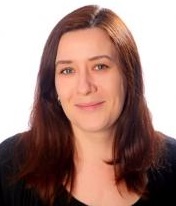
Anna Erickson
Georgia Tech
Prof. Anna Erickson earner her M.S. and Ph.D. in Nuclear Science and Engineering from Massachusetts Institute of Technology in 2008 and 2011, respectively. She is an Associate Professor of Nuclear and Radiological Engineering and an adjunct professor in the School of Aerospace Engineering at Georgia Institute of Technology. Her research is focused on bridging a critical gap between the reactor engineering and nuclear nonproliferation communities by integrating theoretical reactor analysis and design and experimental detection. Dr. Erickson is the Director of the Consortium for Enabling Technologies and Innovation, which is composed of fourteen institutions of higher education (IHE) and twelve national laboratories with an objective to create a research and education environment to support cross-cutting technologies for nuclear nonproliferation. She is a co-author of Active Interrogation in Nuclear Security: Science, Technology, and Systems, published by Nature Springer in 2018, and over a hundred of journal publications, conference proceedings and presentations.
Tuesday, April 27
10:45 (ET)
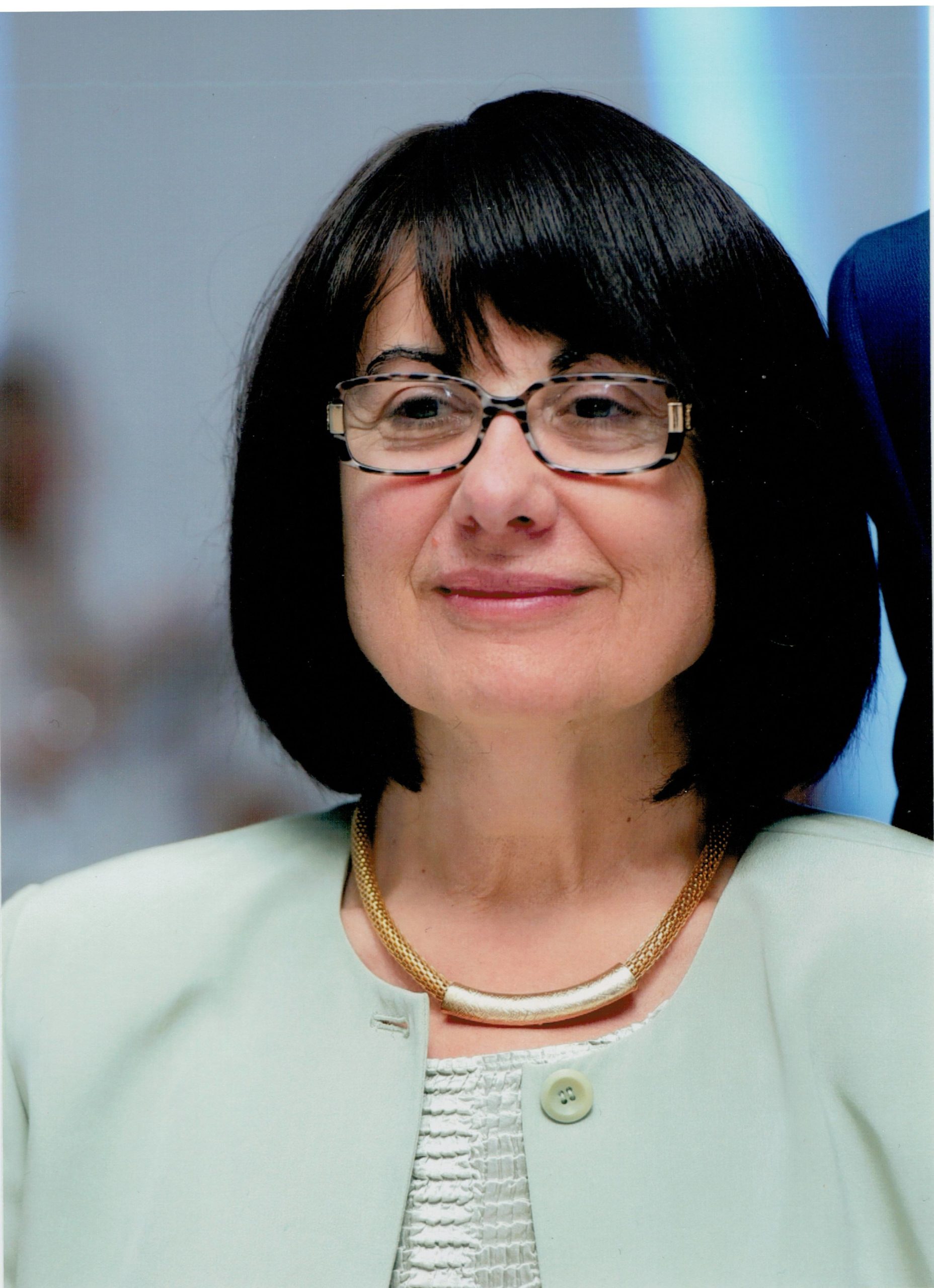
Jasmina Vujic
University of California, Berkeley
Jasmina Vujic is a Full Professor at the Department of Nuclear Engineering, University of California at Berkeley, and former Chair of the Department. She received a Ph.D. degree in Nuclear Science from the University of Michigan. Professor Vujic’s research expertise spans nuclear reactor analysis and design, high-performance computing and numerical methods, and nuclear security and nonproliferation. She is the author of over 300 technical publications, three books, and a holder of one U.S. patent. Under her mentorship, 30 students received Ph.D. and 30 received M.S. degrees. Since 2011, she serves as PI and the Director of the NNSA-funded Nuclear Science and Security Consortium, which was recently awarded an additional $25 million grant for a third performance period to continue cutting-edge R&D, recruiting, training and educating talented students at 11 top-tier academic institutions in collaborations with five national laboratories in support of the nonproliferation and nuclear security mission.
Tuesday, April 27
11:00 (ET)
UK Programs Overview
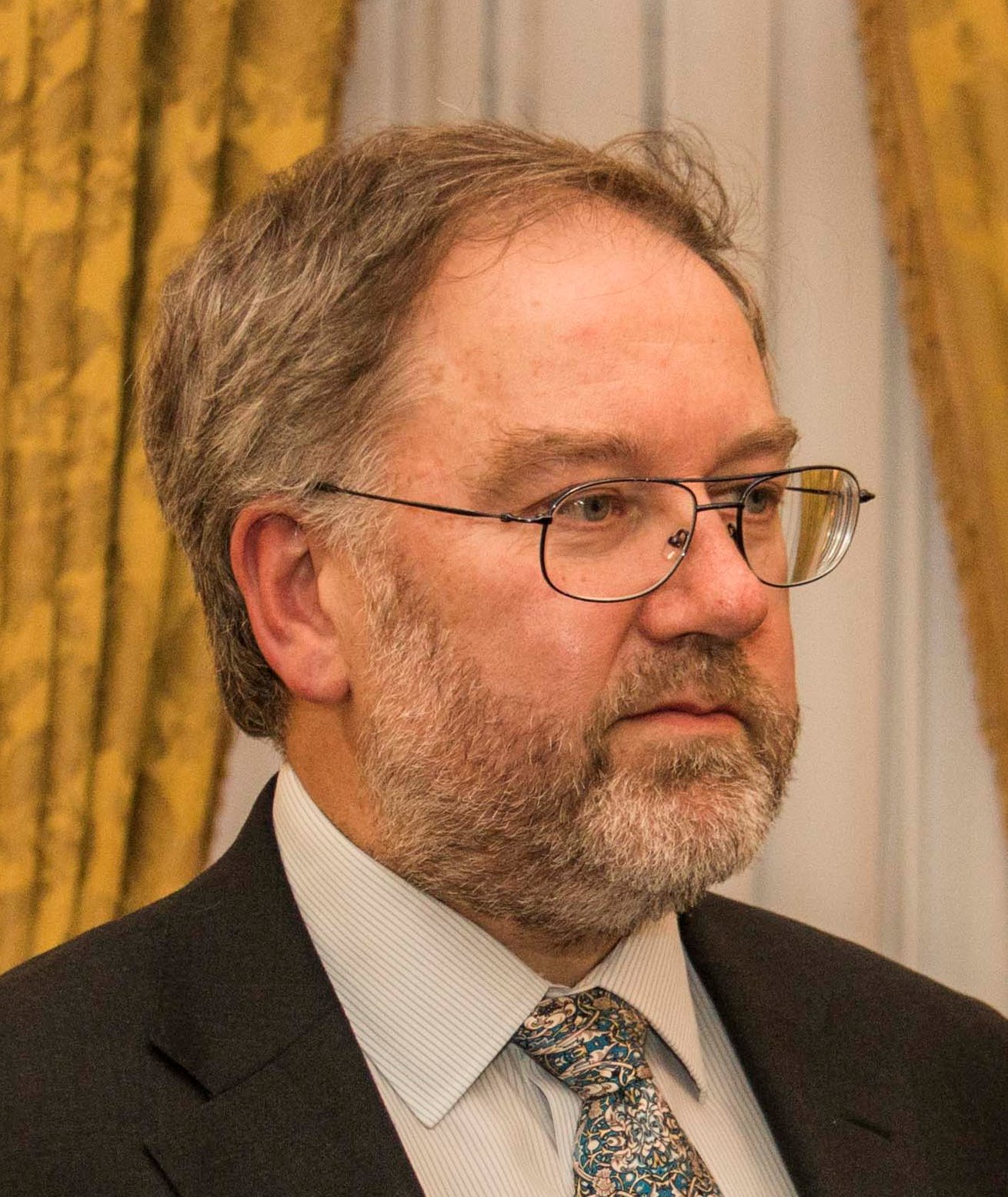
Robin Grimes
Imperial
Robin Grimes is the Steele Chair of Energy Materials at Imperial College. In 2017 he became Chief Scientific Adviser (nuclear) to the Ministry of Defence. Between 2013 and 2018 he was Chief Scientific Adviser to the Foreign & Commonwealth. In his research, he uses computer simulation techniques to predict the behavior of materials for energy applications including nuclear fission and fusion, fuel cells, batteries and solar cells. Robin is a Fellow of the Royal Society and the Royal Academy of Engineering. Amongst his current more challenging duties he chairs the Arak working group and technical experts group under the JCPOA. He recently chaired the Royal Society group that generated the report on nuclear cogeneration.
Tuesday, April 27
11:30 (ET)
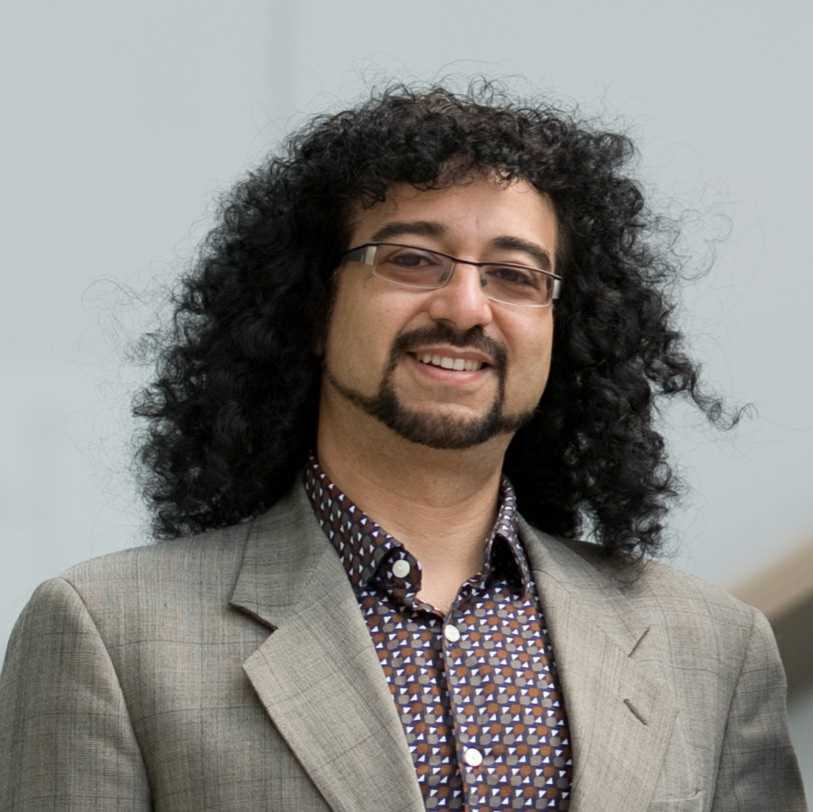
Matthew Malek
The University of Sheffield
Dr. Matthew Malek is a Spokesperson for the WATCHMAN Scientific Collaboration, which aims to demonstrate the capability for remote monitoring of nuclear reactors via Neutrino Experiment One (NEO) at the Advanced Instrumentation Testbed (AIT). Within the AIT-NEO project, Dr. Malek operates as a member of a small core of subject matter experts, guiding the design of the experiment. Based at the University of Sheffield, Dr. Malek is a Senior Lecturer in Experimental Particle Physics with twenty years of experience on neutrino oscillation experiments; in 2016, as a member of the Super-Kamiokande and T2K experiments, he was awarded the Breakthrough Prize in Fundamental Physics.
Tuesday, April 27
11:45 (ET)
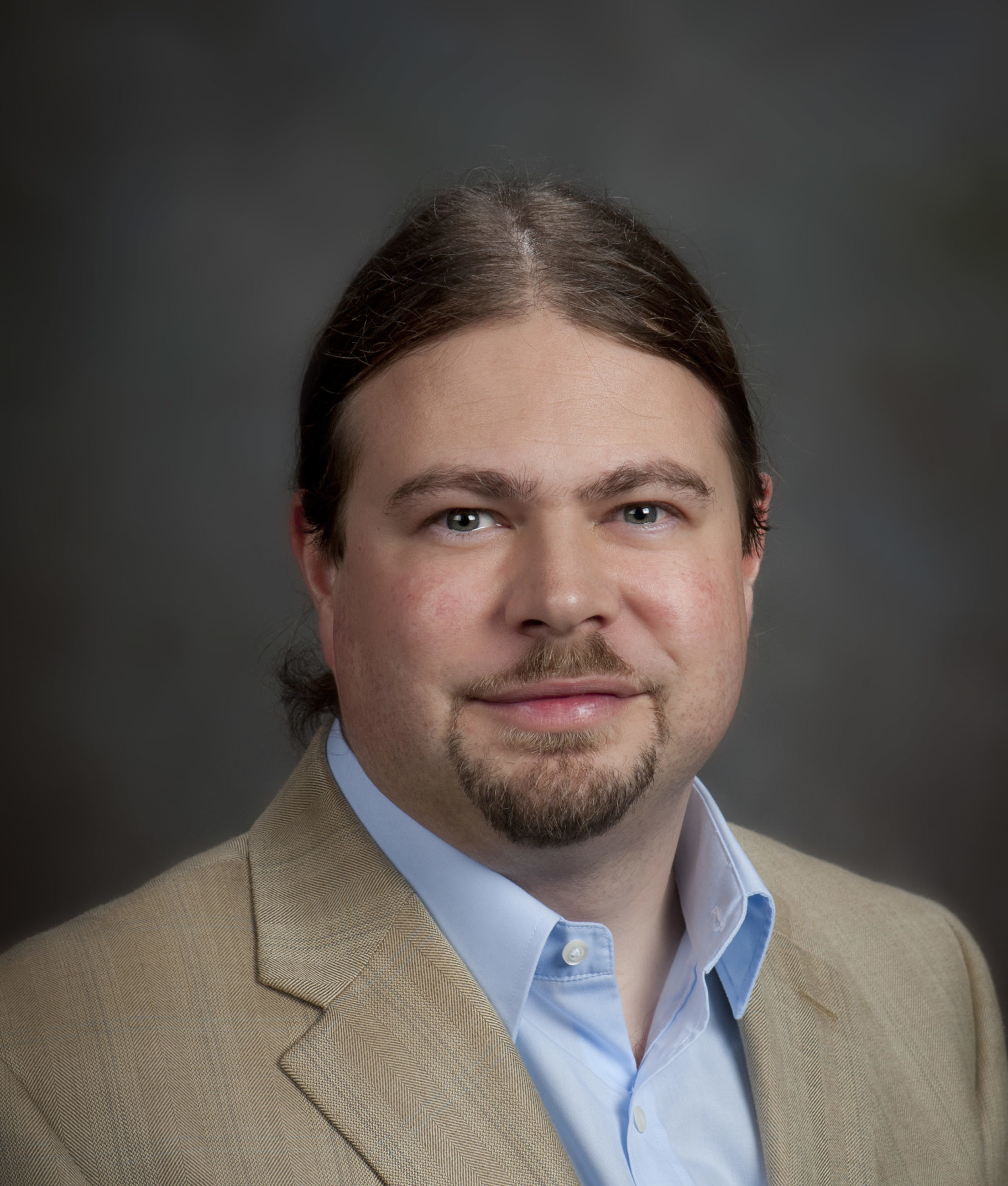
Patrick Huber
Virginia Tech
Dr. Huber is a professor of physics and an affiliate professor in the nuclear engineering program at Virginia Tech. He obtained his Ph.D in theoretical particle physics from the Technical University in Munich, Germany in 2003. He is a recipient of the 2003 Otto Hahn medal of the Max-Planck Society and of a 2010 U.S. DOE Early Career Research Award. In 2016 he has been named a Fermilab Distinguished Scholar and in 2019 a fellow of the APS. In 2016 as a member of the Daya Bay reactor neutrino experiment he was awarded the Breakthrough Prize in Fundamental Physics. The Huber group’s focus is on neutrino applications in nuclear non-proliferation safeguards and national security, with expertise in flux predictions and case studies. Huber has been advising the U.S. Navy on several occasions on the feasibility of submarine neutrino communications. He also serves as a reviewer for the NNSA and DTRA. Huber has ongoing collaborations with Fermilab, LANL and LLNL.
Tuesday, April 27
12:00 (ET)
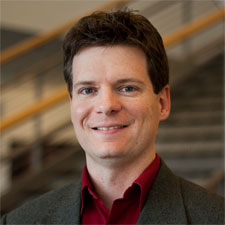
Shaun Clarke
University of Michigan
Dr. Clarke received his Ph.D. in Nuclear Engineering from Purdue University. Afterward, he joined the Department of Nuclear and Radiological Sciences at the University of Michigan, where he is currently an Associate Research Scientist and the Associate Director of the Consortium for Monitoring, Technology, and Verification. Dr. Clarke has more than 15 years of experience performing radiation detection measurements and Monte Carlo modeling. His current interests are active interrogation systems for nuclear nonproliferation, safeguards, and treaty verification applications. Dr. Clarke is the author or co-author of more than 275 papers in conference proceedings and peer-reviewed journals.
Tuesday, April 27
12:15 (ET)
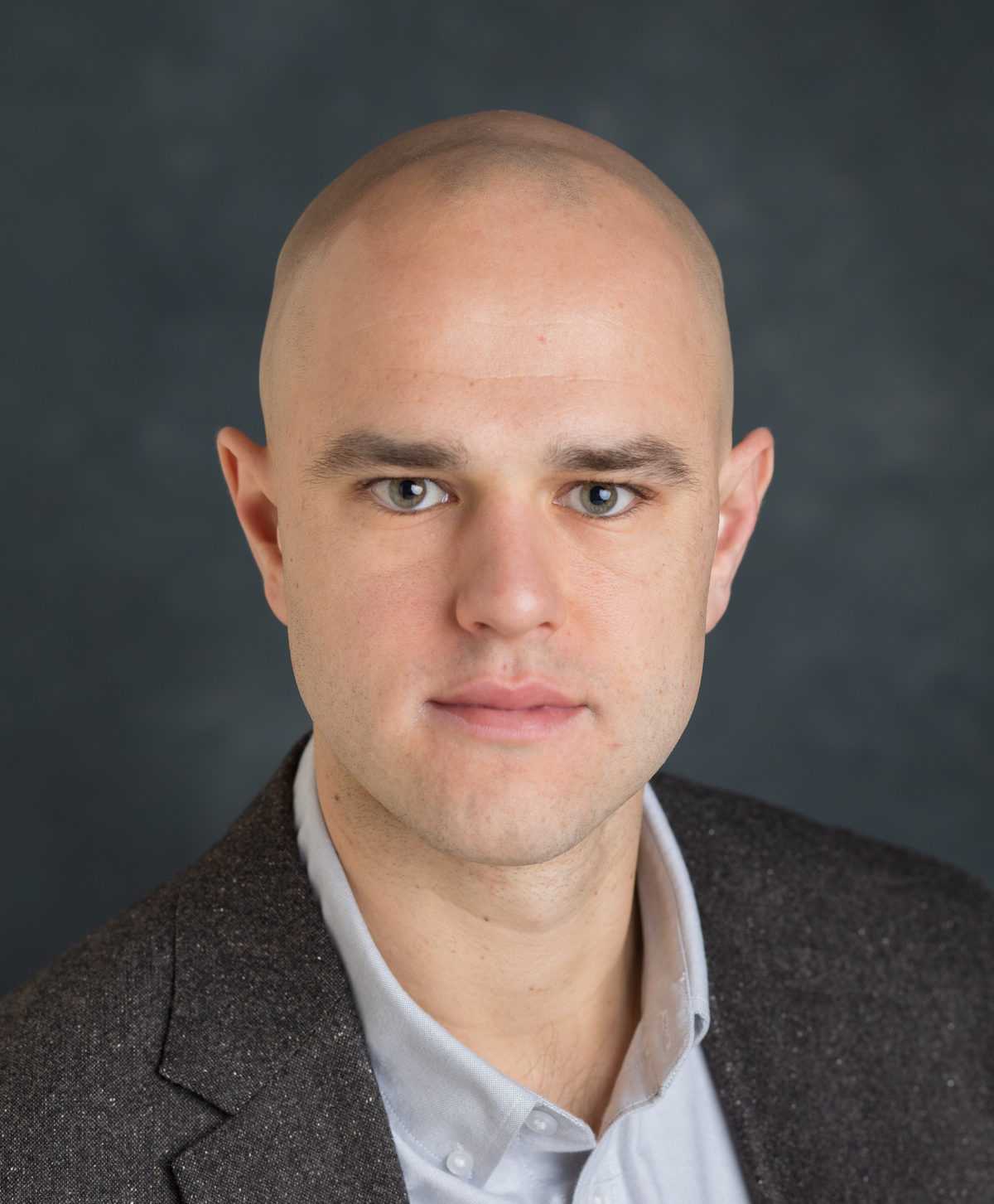
Vladimir Sobes
The University of Tennessee
Sobes’ research covers a broad spectrum of reactor physics. Research interests currently span four major areas from nuclear physics to reactor design. With a background in nuclear data, he continues to work on problems in the nuclear data pipeline with a particular interest in the application of Artificial Intelligence (AI)/ Machine Learning (ML) algorithms. Further research projects look at how nuclear data enters radiation transport calculations and how reformulating the nuclear data representation can accelerate simulations of nuclear systems on modern heterogeneous computing architectures (HPC). Research in Sensitivity/Uncertainty (S/U) analysis methods continues to be of interest. Application of S/U methods to nuclear systems design coupled with AI/ML methods is a new area of research. Last but not least, the entire research portfolio is applied to the design and future operation of the Fast Neutron Source experimental facility proposed to be built on the UT campus.
Tuesday, April 27
12:30 (ET)
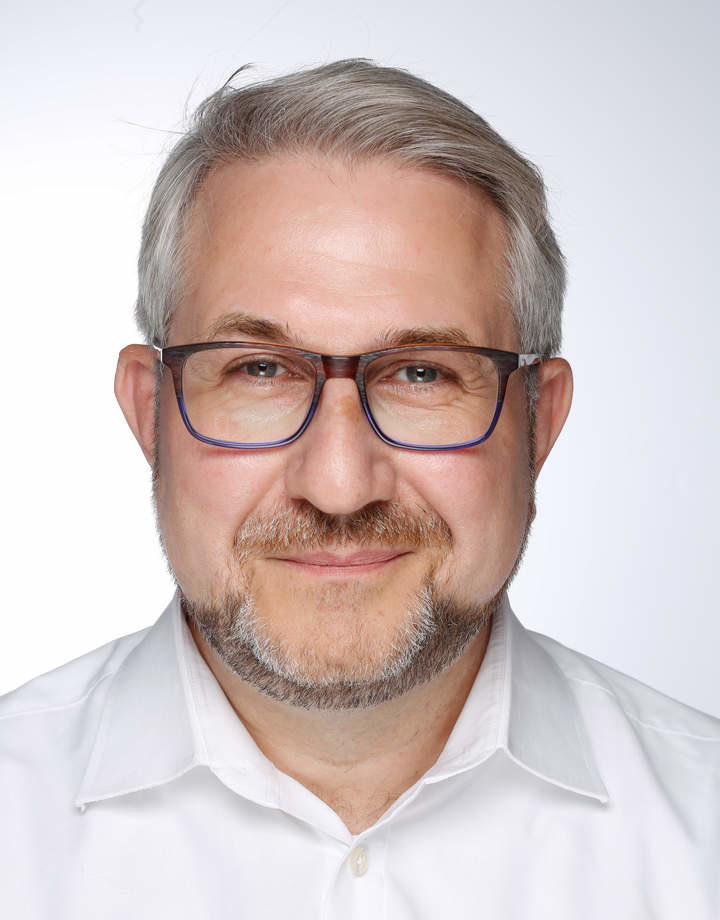
Ralf Kaiser
University of Glasgow
Ralf Kaiser is Professor of Physics at the University of Glasgow and Managing Director of the award winning spin-off company Lynkeos Technology. His background is in detector development for large-scale nuclear physics experiments and he has been working on muon imaging since 2009. Since 2018 the Lynkeos MIS at the NNL Central Laboratory on the Sellafield site is the first muon tomography system operating on a nuclear site worldwide. From 2010 to 2017 he served as Head of Physics at the IAEA, where he was responsible for the IAEA programs on nuclear instrumentation, accelerator applications and nuclear fusion. He participated in multiple IAEA missions to Fukushima and developed a drone-based radiation monitoring and mapping system for Fukushima prefecture. He has worked as a consultant for several UN organizations, including the OPCW, and currently serves on NIRAB and on the RD&I Committee of the EU project ATTRACT.
Tuesday, April 27
12:45 (ET)
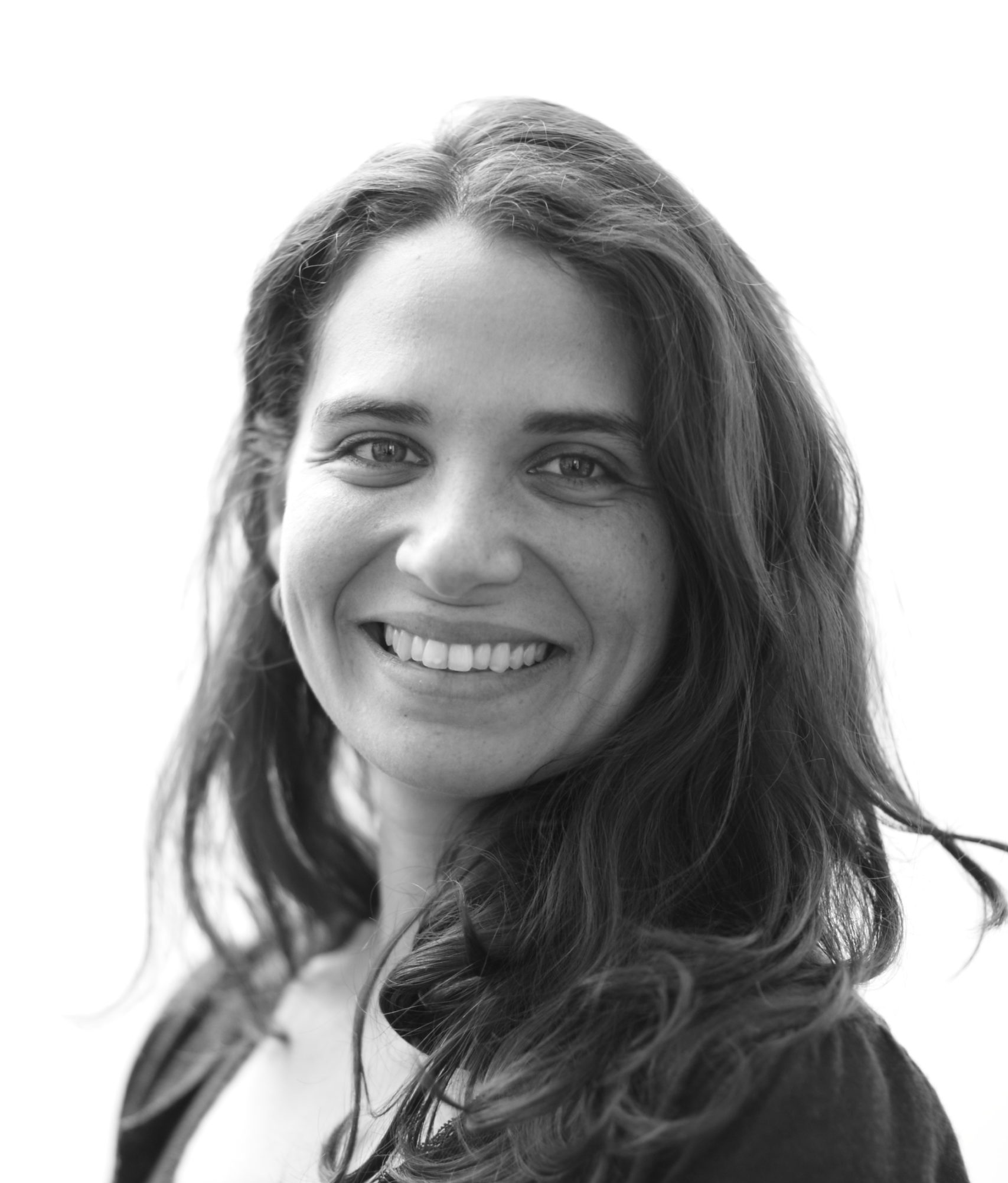
Rebecca Abergel
University of California, Berkeley
Rebecca Abergel is an Assistant Professor in the UC Berkeley Nuclear Engineering Department and the Heavy Element Chemistry Group Leader at the Lawrence Berkeley National Laboratory. Her research program is dedicated to investigating the fundamental coordination chemistry and biochemistry of heavy and f-elements, with therapeutic and environmental applications such as chelation, separation, bioremediation of toxic metals, and design of alpha-immuno therapy agents. Abergel was elected as a Fellow of the American Association for the Advancement of Science in 2019 and received two U.S. Department of Energy 2020 Secretary of Energy Achievement Honor Awards for her contributions as a member of the National Virtual Biotechnology Laboratory and DOE National Laboratories’ COVID-19 Clinical Testing teams. She is the recipient of a WCC Rising Star award from the American Chemical Society (2017) and an Early Career award from the U.S. Department of Energy (2014).
Tuesday, April 27
13:00 (ET)
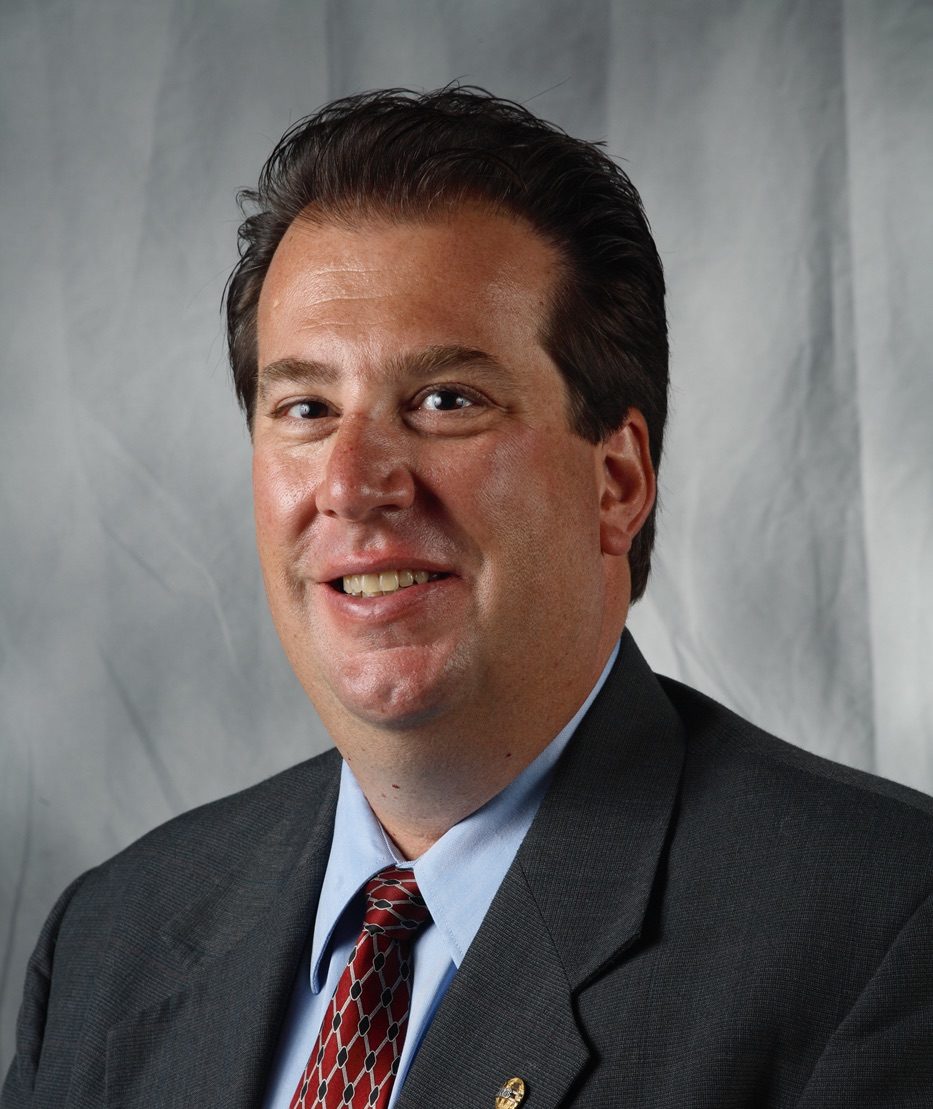
Dan Thoma
University of Wisconsin-Madison
Dr. Thoma is the Director of the Grainger Institute for Engineering (GIE) at the University of Wisconsin-Madison (UW) and a Professor in Materials Science and Engineering. The GIE is an accelerator within the College of Engineering to mature scientific and technical areas with significant societal impact. Prior to UW, he was the Deputy Division Leader for the Materials Science and Technology (MST) Division at Los Alamos National Laboratory (LANL). His research and technical efforts have been devoted to new manufacturing methods and materials by design, with a particular focus on property response as a function of microstructural evolution during phase transformations. Dr. Thoma has been active within materials professional societies, where he was the president of The Minerals, Metals, Materials Society (TMS) in 2003, the American Institute of Mining, Metallurgical, and Petroleum Engineers (AIME) in 2008. Professor Thoma is a Fellow of ASM International and TMS.
Tuesday, April 27
13:15 (ET)
Breakout Session
Room 1: Neutrino/Antineutrino Applications
Room 2: Fundamental Physics
Room 3: Nuclear Data
Room 4: Muon Applications
Room 5: Radiochemistry
Room 6: Additive Manufacturing
Room 7: Nuclear Security Science Network, UK
